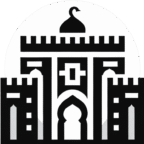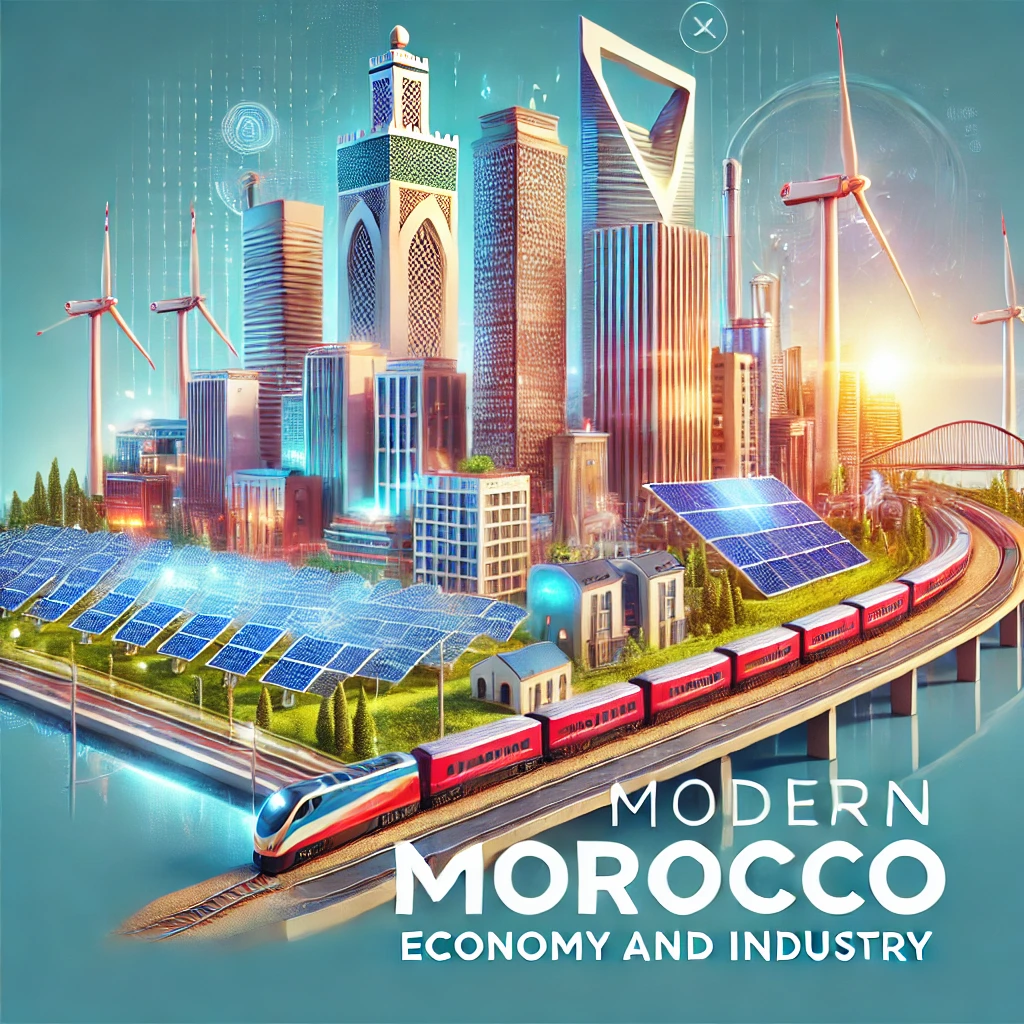Introduction
Morocco’s current economy and production sector have developed swiftly due to improved infrastructure networks, industrial expansion, and smart policy implementations. Morocco now leads economic growth not only within Africa but also across the world. This article studies the multiple forces that make Modern Morocco’s economy and industry better and showcases the businesses and inventive ways to create change.
Key Drivers of Modern Morocco’s Economy and Industry
Strategic Economic Reforms Fueling Growth
Morocco puts modern infrastructure at the heart of its economic development approach. Morocco connects Europe and Africa better thanks to major transportation network enhancements including fast trains and wider roads. The Tanger-Med Port operates as Africa’s busiest port to reinforce Morocco’s international trade position while demonstrating its logistics and connectivity investments.
Infrastructure Investments and Modernization
Morocco builds its economic plan on strong modern infrastructure networks. The creation of new transport infrastructure like fast trains and wider highways makes Morocco a key passage between Europe and Africa. The Tanger-Med Port leads all African ports in traffic volume to demonstrate Morocco’s priority on logistics connections in global trade.
Industrial Growth in Modern Morocco’s Economy and Industry
Morocco’s Automotive Industry
The automobile sector drives the Moroccan economy which ranks among Africa’s dominant vehicle exporters. Renault and Peugeot production facilities in Morocco have made the country an $8 billion automotive exporter that generates new employment and advancing national development.
Expanding Aerospace Sector
Morocco’s aerospace industry has attracted over 140 companies, including Boeing and Airbus. This sector, supported by government incentives and free zones, has turned Morocco into a competitive hub for aerospace manufacturing, with exports contributing significantly to national income.
Renewable Energy and the Noor Project
Noor Solar Project ranks as the largest solar facility worldwide while demonstrating Morocco’s dedication to renewable power. Noor produces 580 MW of clean energy to cut carbon emissions while creating many employment opportunities in line with Morocco’s path toward sustainable development.
Morocco’s Digital and Innovation Economy
Digital Infrastructure for a Modern Economy
Digital technology leads the way in Morocco’s contemporary economy. Morocco leads Africa’s digital infrastructure growth through investments in fiber optics and smart city building that people find in Casablanca.
Start-up Ecosystem and Technological Innovation
Incubators like Technopark support start-ups to create innovative solutions throughout all industry sectors. The favorable conditions created by Morocco allowed the country to lead African innovation while new technology companies boost both economic progress and employment numbers.
Key Partnerships and Investments Powering Morocco’s Economy
Expanding Trade Agreements
International trade deals enable Morocco to access more customers for its products throughout Africa, America and Europe. Morocco gets more export sales from its trade partnerships that help these key business areas develop their production.
Foreign Direct Investment (FDI) and Incentives
The Moroccan government draws foreign direct investment by giving tax benefits and setting business-friendly rules to businesses. International companies choose Morocco thanks to its open trade areas that offer industrial parks for investments in automotive and aerospace industries.
Conclusion
Morocco builds its new economy through smart infrastructure development plus valuable industry sectors and digital technology advancement. These aspects guide Morocco’s path to lead the African economic stage. Morocco’s economic development depends on its ongoing infrastructure and industrial expansions.
Links for Further Reading
- World Bank Overview of Morocco’s Economy
- Moroccan Investment and Export Development Agency
- Automotive Industry in Morocco – AMICA



